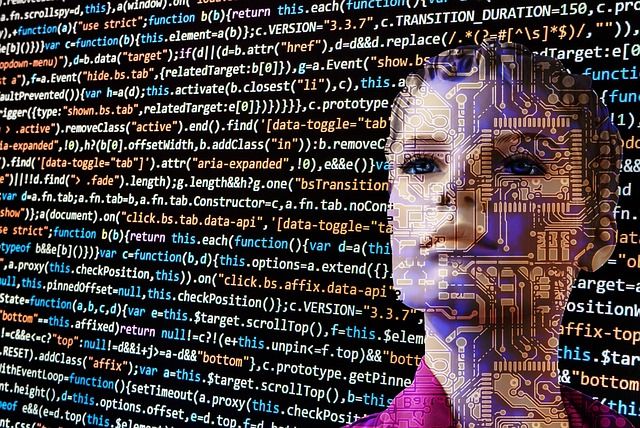Artificial Intelligence (AI) has emerged as a revolutionary force across diverse industries in an epoch characterized by swift technological progress. As the bedrock of societal advancement, education is undergoing a significant transformation propelled by this wave of innovation. The infusion of AI into education has ignited debates and discussions about its potential to reshape the future of learning. This post tells us the profound impact of AI on education, exploring how it is steering a transformative shift in how knowledge is acquired and impacts the future of education.
Tailored Learning Experiences
AI is reshaping the conventional one-size-fits-all education model by ushering in an era of personalized learning. Advanced algorithms meticulously analyze individual learning patterns, preferences, and strengths, paving the way for tailored curricula. Students can now embark on educational journeys that align precisely with their unique needs, fostering a more profound comprehension of subjects and elevating overall academic performance.
Adaptive Learning Platforms
The adaptive capabilities of AI-powered learning platforms are revolutionizing student interaction with educational content. These platforms dynamically adjust the difficulty level of tasks based on the learner’s proficiency, ensuring a challenging yet achievable progression. This adaptability ensures that students maintain an optimal learning pace, avoiding feelings of overwhelm or boredom.
Elevated Student Engagement
The incorporation of AI in education has the potential to make learning more engaging and interactive. Virtual tutors and AI-driven educational games excite the learning process, capturing students’ attention and cultivating a passion for knowledge acquisition. This shift towards interactive learning experiences is crucial in keeping students motivated and actively involved in their educational journey.
Streamlined Administrative Processes
AI streamlines administrative tasks, enabling educational institutions to operate with greater efficiency. From automating admission processes to managing grading and assessment, AI frees up valuable time for educators and administrators. This efficiency reduces administrative burdens and allows educational institutions to focus on enhancing the quality of teaching and learning experiences.
Intelligent Tutoring Systems
AI-powered tutoring systems offer students additional support outside the traditional classroom setting. These systems can identify areas where a student may be struggling and provide targeted assistance. The ability of AI tutors to deliver instant feedback contributes to a more effective learning process, aiding students in addressing challenges in real time.
Tailored Learning Paths
AI analyzes extensive datasets to discern trends in learning outcomes and preferences. Leveraging this data, educational platforms can recommend customized learning paths for students, guiding them toward areas of interest or potential career paths. This personalized approach not only enhances the relevance of education but also assists students in making informed decisions about their future.
Fostering Inclusive Education
AI has the potential to bridge gaps in educational accessibility. Using AI-driven tools, content can be adapted to suit various learning styles and accommodate diverse needs. This inclusivity extends to students with different abilities, ensuring that education is accessible to a broader spectrum of learners.
Continuous Assessment and Feedback
Traditional assessment methods are evolving with the introduction of AI. Continuous assessment models powered by AI provide real-time insights into a student’s progress. Educators can access detailed analytics, offering timely feedback and interventions. This iterative feedback loop contributes to a more effective learning process.
Skill Development for the Future Workforce
The shifting dynamics of the workforce demand a recalibration of educational priorities. AI can identify emerging trends and skills required in the job market, enabling educational institutions to tailor curricula to meet these demands. This proactive approach ensures students have the skills necessary for success in the dynamically evolving professional landscape.
Overcoming Language Barriers
AI-driven language translation tools are dismantling language barriers in education. Students from diverse linguistic backgrounds can access educational content in their native languages, facilitating better understanding and comprehension. This inclusivity fosters a globalized approach to education, where knowledge transcends linguistic boundaries.
Conclusion: Navigating a New Educational Frontier
Integrating AI in education is not a distant vision; it is a present reality shaping the future of learning. The potential for personalized learning experiences, adaptive platforms, and efficient administrative processes positions AI as a catalyst for positive change in education. As we navigate this transformative journey, it is essential to harness the benefits of AI responsibly, ensuring that the future of education remains inclusive, engaging, and geared towards equipping learners with the skills they need to thrive in an ever-evolving world. The AI-driven educational revolution is not just a technological evolution; it is a commitment to empowering minds and unlocking learners’ full potential worldwide.
Also Read:































































